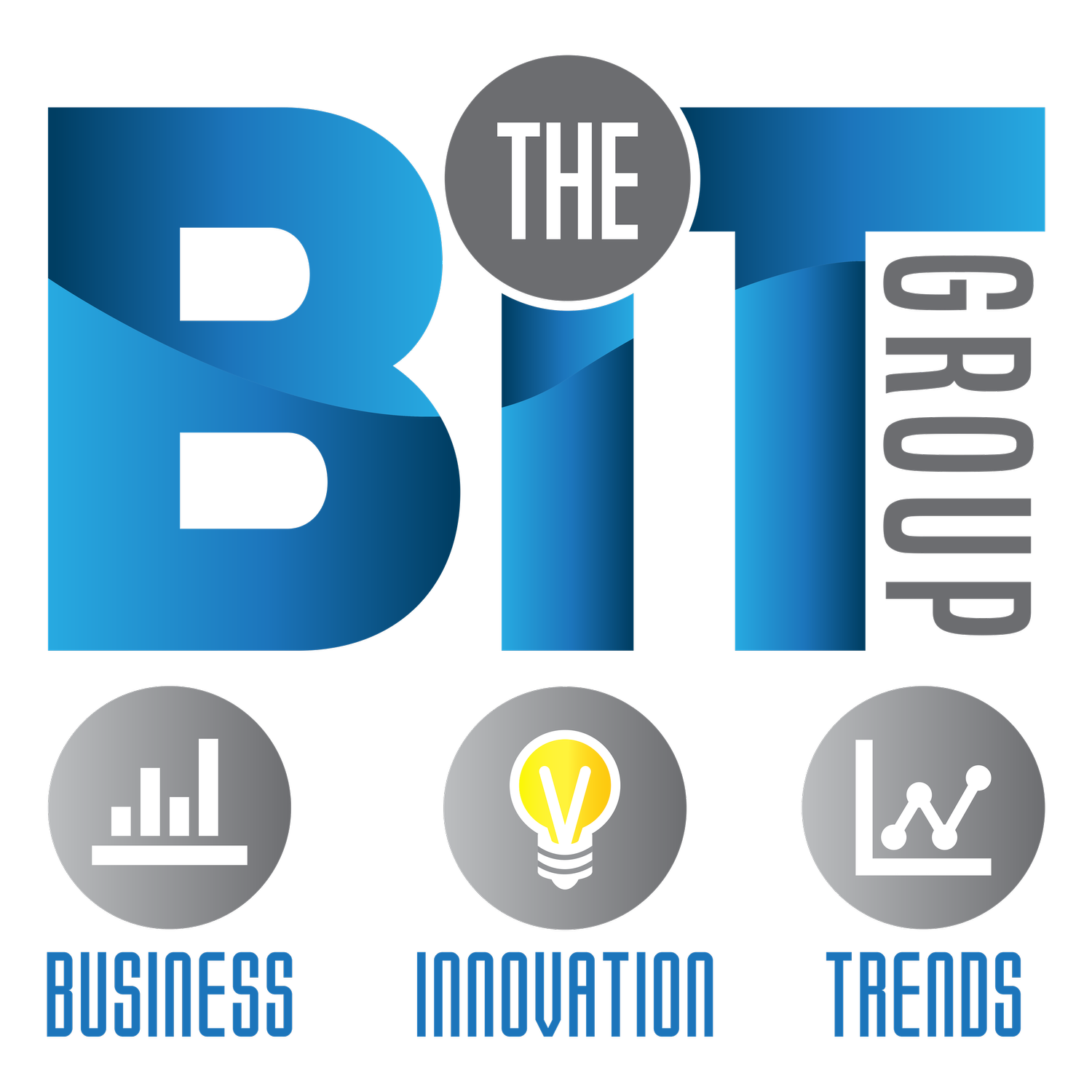by Louis Patler
“The ocean, like customers, has a mind of its own that is worth paying attention to.It has its moods, its quirks, its ever-changing tastes and ways. The best innovators and inventors understand this about customers and clients, as well. Customers can be fickle and hard to predict. You can’t afford to take it for granted.”
My new book, Make Your Own Waves: The Surfers Rules for Innovators and Entrepreneurs, was inspired in part by an unexpected finding in my research on innovation: serial innovators tend to take metaphors and analogies literally. So, for example, if the marketplace moves in waves, why not base a book on the ultimate subject matter experts, the Big Wave surfers who ride walls of water the size of office buildings.
I remain constantly on the lookout for other analogies that shed light on the world of work. Recently, I was reading a travel blog by my friend Kristin Luna entitled “HOW TO BE THE BEST AIRBNB HOST YOU CAN BE.”
(http://www.camelsandchocolate.com/2015/07/how-to-be-the-best-airbnb-host-you-can-be/ )
It occurred to me that her tips re being a great Airbnb host sheds considerable light on being a good boss, manager or team builder. For brevity I will list her tips and then comment briefly on each.
1. Type up a guide to your home, your neighborhood and the city at large.
-Be clear with your colleagues and team about “how things actually get done around here.”
2. Ensure your space is spic and span—especially the bathroom.
-Pay attention to the details, the little things. In the start up mode, be prepared to clean the sinks and vacuum the floors.
3. Make checking in and checking out as easy as possible.
-Give people as much flexibility as possible. We all have different work styles and ways to be productive.
4. Leave clear instructions of what is expected of your visitors.
-Clear is good. Transparency is too. No need to make the simple harder.
5. Have basic amenities handy.
-Give your people the tools and resources they need and turn them loose to get things done.
6. Provide them with snacks, too.
-Yes, feed the masses. Keep the energy up. Energy management is more important than time management.











